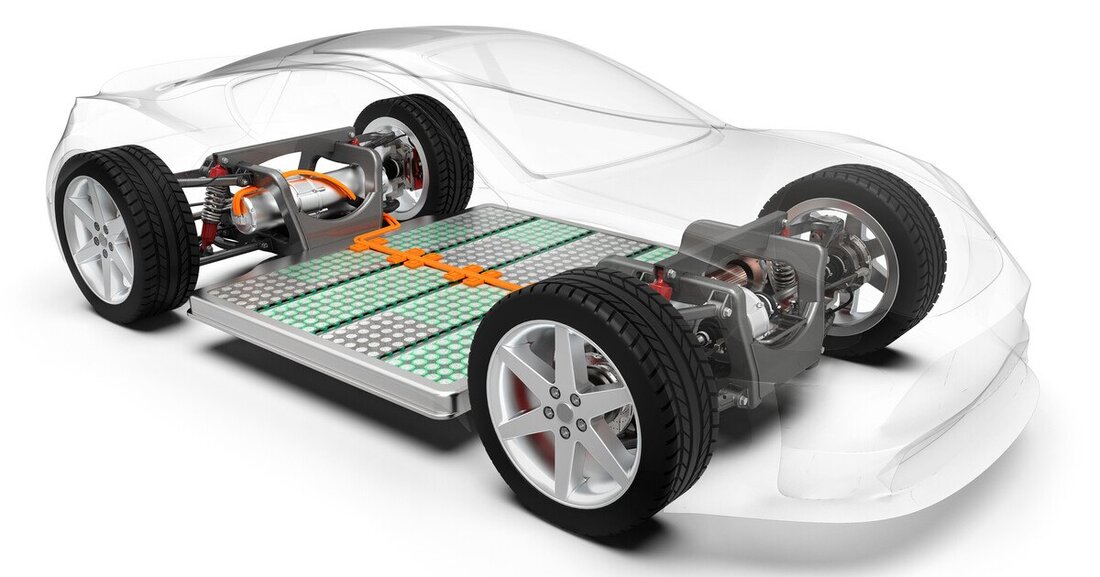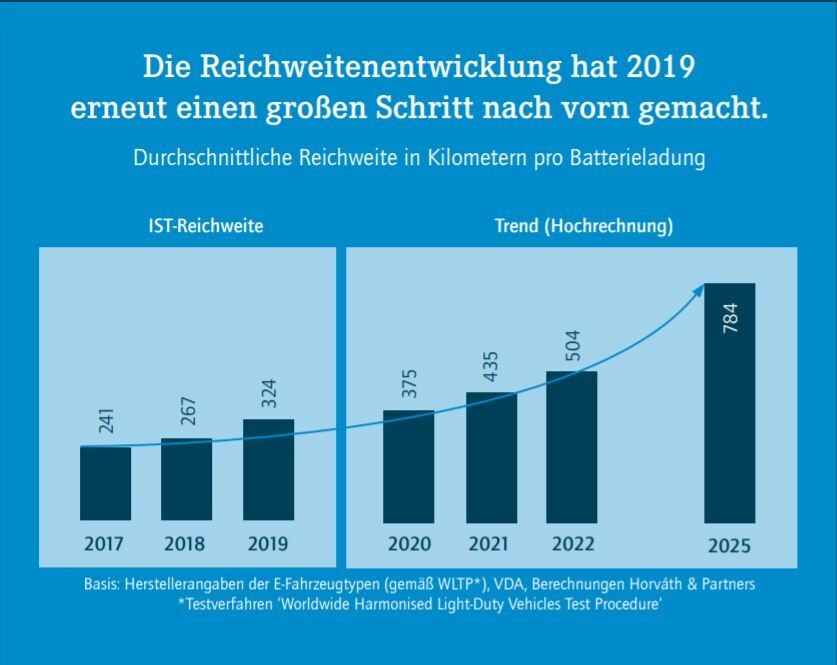E-car batteries should have a best-before date
From 2023, manufacturers will have to prove that the batteries in their electric cars meet certain durability requirements. They must then not lose more than 20 percent capacity over five years or 100,000 kilometers. At least that's what the big auto nations want to achieve.

E-car batteries should have a best-before date

In the future, manufacturers of electric cars will be required to ensure a minimum shelf life for traction batteries. This was agreed upon by members at the World Forum for the Harmonization of Vehicle Regulations of the UN Economic Commission for Europe (UNECE) in Geneva.
If the regulation comes into force - for now it is still a non-binding draft - car manufacturers would be obliged to guarantee at least 80 percent remaining capacity for batteries after 5 years or 100,000 kilometers and at least 70 percent after 160,000 kilometers or 8 years.
A formal vote on the draft of a binding regulation is scheduled to follow in March 2022. Countries that agree would then have to incorporate the requirement into national legislation. The rule could ultimately come into force as early as 2023, as it is said.
These countries are behind it
It would be the first international regulation on battery draining. In addition to the EU, the USA and China, countries such as Japan, Canada, South Korea and Great Britain and thus also the most important car producing countries should be behind the proposal.
The aim of the remaining capacity obligation is to prevent the use of poor quality batteries and to strengthen consumer trust in electric vehicles.
The UNECE expects a share of electric cars in the global vehicle market of 10.4 to 19 percent by 2025. In 2020 the proportion was 4.6 percent. Meanwhile, there is a strong upward trend in the range of electric vehicles. An analysis by Horvath & Partners shows that the average range of electric cars was 241 kilometers in 2017; in 2019 this value was already 324 kilometers. For the year 2022, the analysts expect 504 kilometers per battery charge and in 2025 even 784 kilometers should be possible (see graphic).

 Suche
Suche
 Mein Konto
Mein Konto